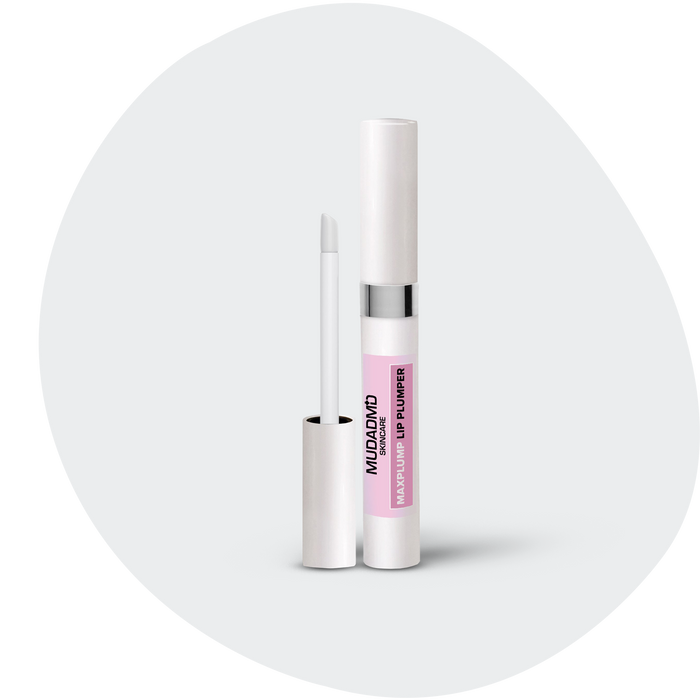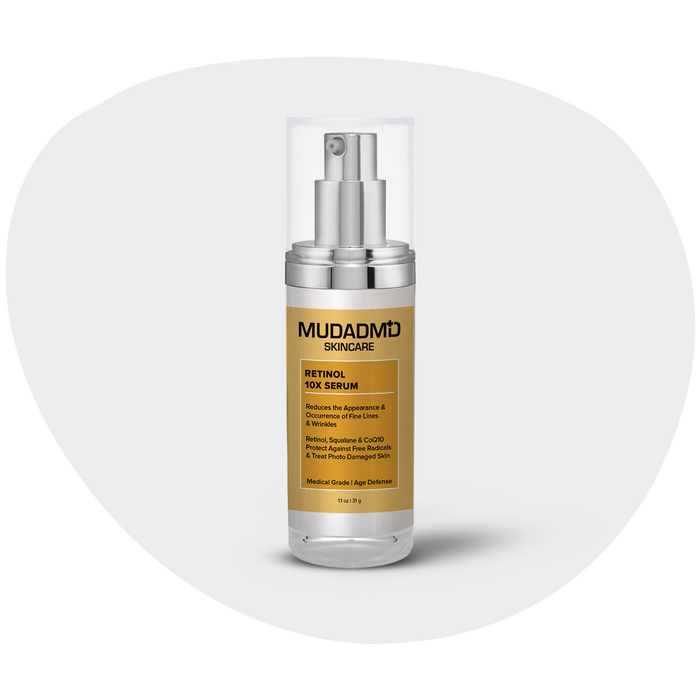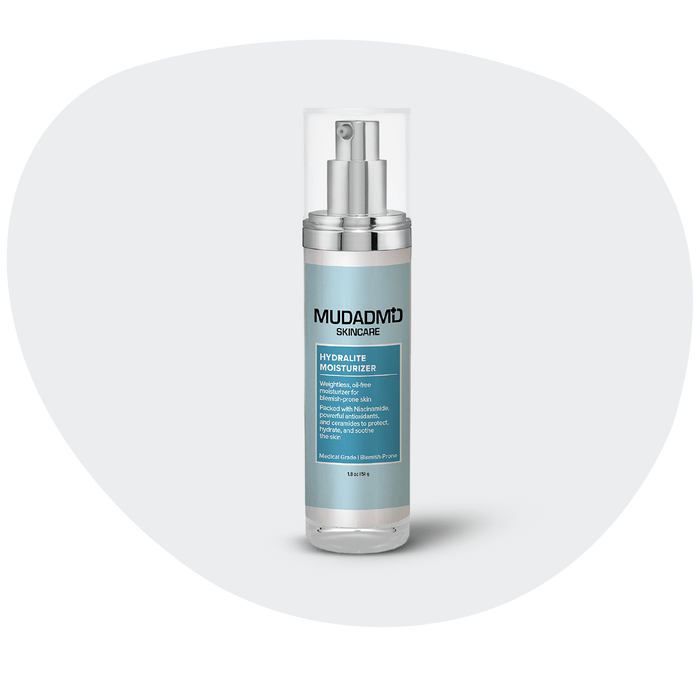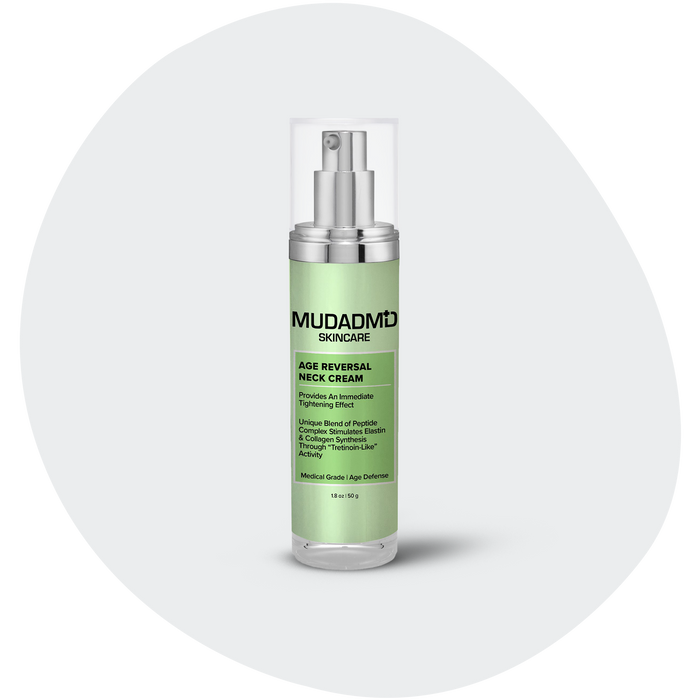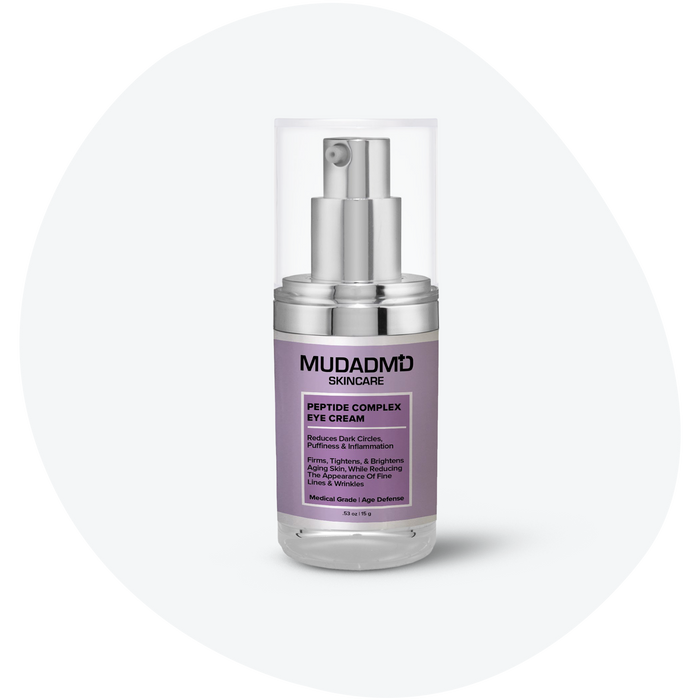Retinol vs Retinoic acid
What are Retinoids?
Retinoids like retinol and retinoic acid have been widely used in the treatment of skin aging. Retinoic acid applied topically produces increase in collagen production in the skin. It also prevents the degradation of existing collagen, thus providing a double effect in reversing skin aging.
What is Retinol?
Although retinoic acid is the main active retinoid that produces these changes, it can be very irritating to the skin, limiting its routine use in daily skin care regimens. Retinol is a pre-retinoic acid, meaning it is one of the building blocks of retinoic acid. Once applied to the skin, retinol is converted into retinoic acid. It is also less irritating to the skin, making it the ideal agent for use in anti-aging products.
Retinoic acid is a prescription product and is usually used for acne treatment. Retinol on the other hand is a non-prescription alternative that produces similar effects on the skin with less side irritation. The concentrations of retinol in various products varies, so it is essential before you purchase a product, to know the concentration of retinol in that product.
Is more better?
Even though we think that more is better, which maybe true generally, even low concentrations of retinol can be very effective. Concentrations of retinol as low as 0.1% have been found to reduce wrinkles by 63% at the cheeks and 38 % in the eye areas after 12 weeks of use. (1) Effects were seen as early as 4 weeks. These effects were found to be as significant as those produced by retinoic acid and prove that retinol is an effective anti-aging product. Consequently, low concentrations of retinol are very effective, and the concentration to choose depends on your skin’s sensitivity. It is recommended to start with a low concentration of retinol and increase as tolerated. Although, staying at the same concentration level will produce significant effects that can be visible. Our retinol 10X serum contains 0.25% retinol, combined with vitamin C, squalane and coenzyme Q. It is an ideal product to start with or to maintain, especially for the younger age group.
Reference
Rong Kong PhD,Yilei Cui PhD,Gary J. Fisher PhD,Xiaojuan Wang BS,Yinbei Chen MS,Louise M. Schneider BS,Gopa Majmudar PhD, J Cosm Derm, 15, 49-57, 18 November 2015,
